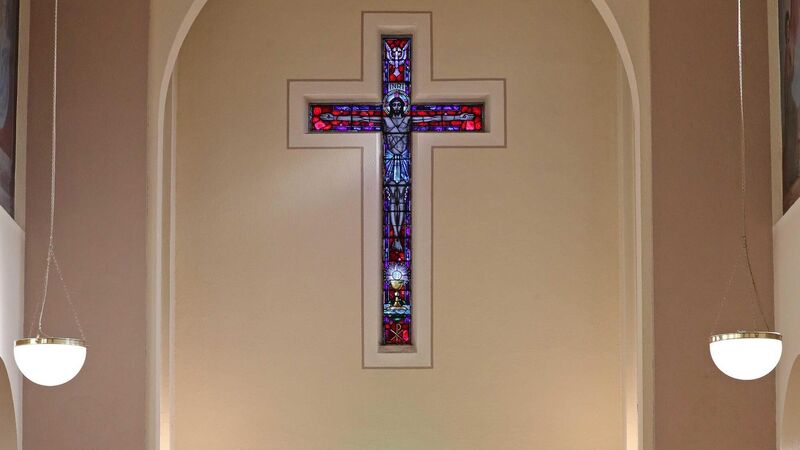Letters to the editor: We need to talk about the crime of going to Mass

The government’s criminalisation of religious ceremonies other than limited attendance at weddings or funerals during a pandemic warrants further contemplation and reflection. Picture: Jim Coughlan.











